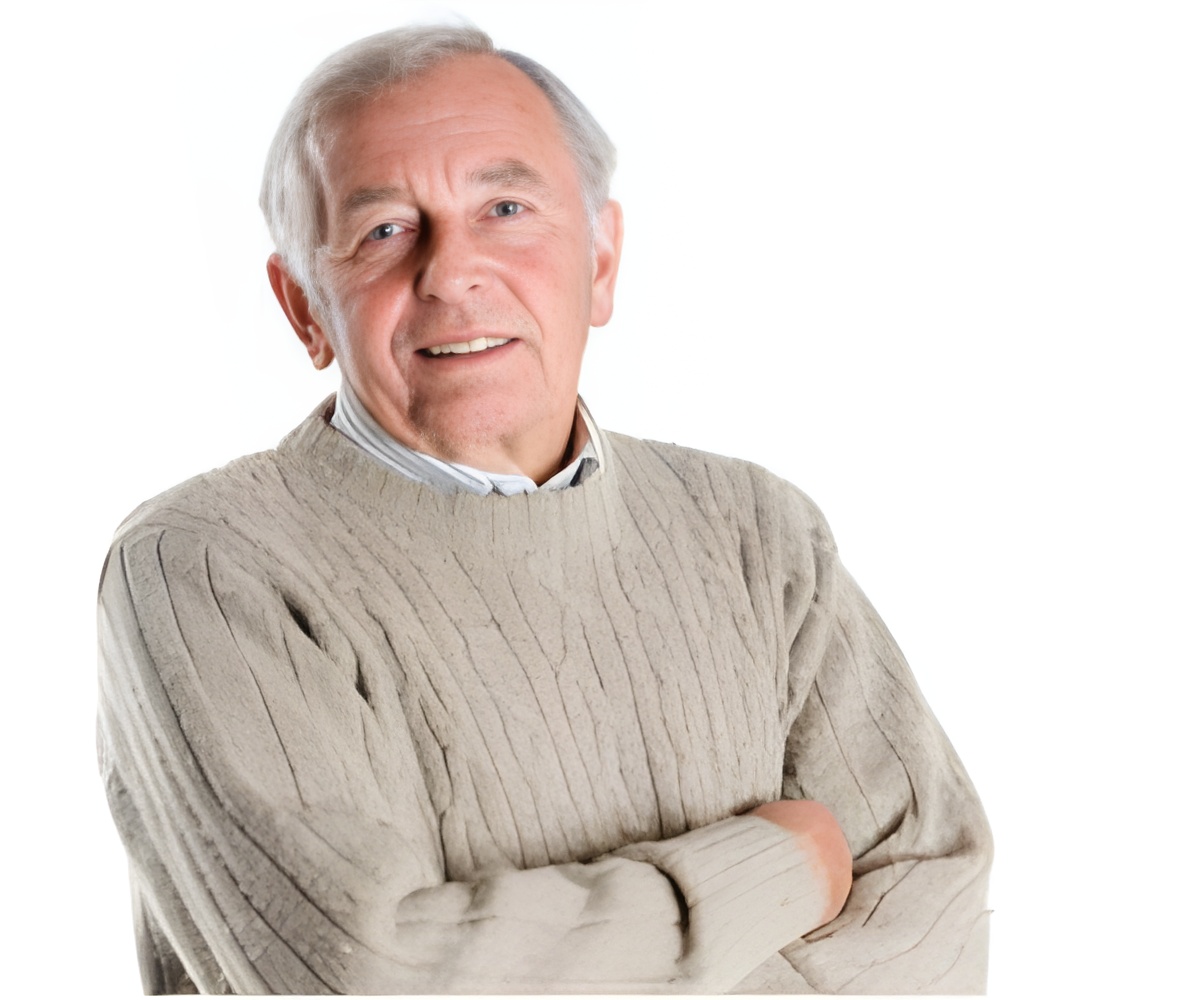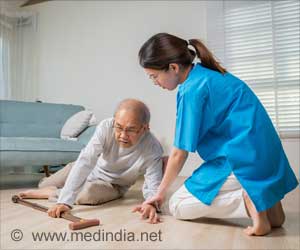Tai chi is an exercise practice developed in China hundreds of years ago. It combines certain postures and gentle movements with mental focus, breathing, and relaxation.

‘Older adults who practiced tai chi for a year were about 50% less likely to experience fall-related injuries.
’





In their study, researchers assigned 368 people 60-years-old and older who had received medical attention for a fall into one of two groups. The first group received hour-long individual tai chi classes conducted by tai chi instructors every week for 24 weeks. Tai chi can be practiced while you're walking, standing, or even seated. Deep breathing, weight shifting, and leg stepping movements are part of the practice. The second group received individual, hour-long LET sessions for 24 weeks conducted by physical therapists. Sessions included stretching, muscle strengthening, and balance training. The researchers asked participants in both groups to complete at least 80 percent of their sessions, and also to practice either tai chi or LET at home every day during the six- month program and the 12-month follow-up. During the course of the study, all participants kept diaries and recorded any falls they experienced, and they shared their diaries with researchers each month.
After six months of training, people in the tai chi group were significantly less likely to experience an injury-causing fall than were people in the LET group. Even a year after taking the training, people who took tai chi were about 50 percent less likely to experience an injury-causing fall compared to people in the LET group.
Though participants in the study took individualized tai chi classes at home, "I suggest that older adults learn tai chi exercises in a class, and practice at home at least once a day," said Mau-Roung Lin, PhD, Professor and Director of the Institute of Injury Prevention and Control, Taipei Medical University in Taipei, Taiwan, a co-author of the study.
The study is published in the Journal of the American Geriatrics Society.
Advertisement









